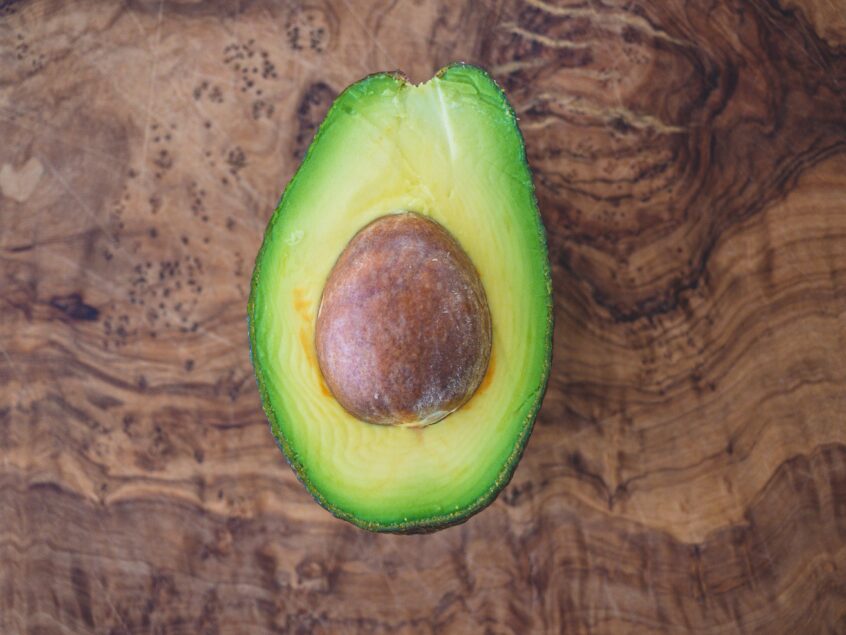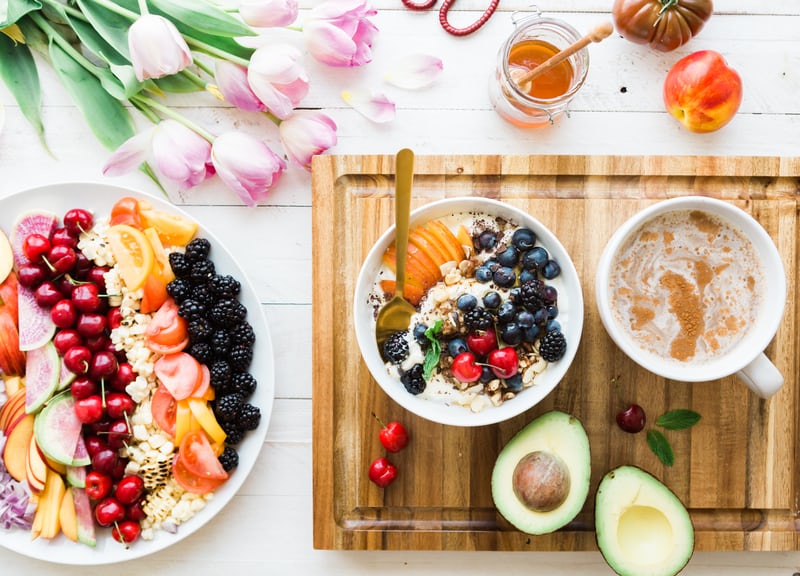Are Super Foods that Super?

Far too often I’m telling clients that they have an intolerance to a food they have been eating in abundance.
“I thought it was good for me?” “We’re told to eat it”
I hear this daily! Blueberry, spinach, garlic, almonds, avocado, tomatoes, oats…the list goes on. It goes to show that the old proverb, ‘one man’s meat is another man’s poison’, is as true as ever.
A ‘super food’ is quite a new term- and it’s been a marketeers dream! Labelling food as ‘super’ invokes a feeling of consumer confidence, which makes selling such products quite an easy task.
Super foods are defined as a food which is packed with nutrients beneficial to health. Foods which typically fall into this category include; blueberries, garlic, soy, leafy greens, dark chocolate, salmon, cauliflower, goji berries, almonds, olive oil, peanuts, avocado, mushrooms, kidney beans, soybeans, tomatoes, green tea, eggs, oats, cherries, watermelon, walnuts, apples and spinach.
Why are you not feeling ‘super’?
Desipte being given the coveted and appealing title ‘super food’, this title actually is misleading, as they often contain substances which can have a detrimental impact on our health. These substances fall into the following categories;
- NIGHTSHADE FAMILY: tomatoes, potatoes, aubergine, peppers, red pepper seasoning, goji berries, Ashwagandha
- TYRAMINE RICH FOODS: ages/hard cheese, yeast, avocado, asparagus, broccoli, raspberries
- OXALIC ACID: spinach, beetroot, peanuts, cocoa powder, seeds, nuts, leafy greens
- TANNINS: tea, coffee, cranberries, blueberries, hazelnuts, walnuts, pecans
- AMINES: fish, cheese, oranges, coffee, strawberries, tomatoes, aubergine, spinach, peanuts
- SALICYLATES: stoned fruit, coconut, almonds, curry powder, paprika, raspberries, pineapple
So, what foods are right for you? Do they need to be ‘super’ after all?
- Don’t assume that super foods are appropriate for you. Be suspicious and eliminate even the super foods to see if it makes a difference.
- Eat clean. Know what you’re eating. This means, not only avoiding processed food, but ensuring that you’ve washed off the pesticides herbicides, used in the growing and harvesting of your food, before eating them.
- Do some swaps! If you’re eating oats for breakfast every day; swap to buckwheat/quinoa flakes porridge, swap your peanuts butter for another nut butter, swap your olive oil for hemp oil, swap spinach for kale, swap goji berries for chair/flax seeds, swap blueberries for pomegranate! See if these minor changes have an impact, many of my patients are surprised by the radical change these can have on their physical health.
- Variety! We’re creatures of habit and have a tolerance level for all foods. If we’re eating the same foods day after day monthly, yearly then we cross the tolerance threshold. As the old saying goes, ‘variety is the spice of life’, by consuming the same food, we are exhausting our digestive enzymes we need to process our food. So give your body a break, and try our new and healthier alternatives.
To discover what foods are ‘super’ and not so great for you and your needs, contact me today to discuss a tailored approach.






